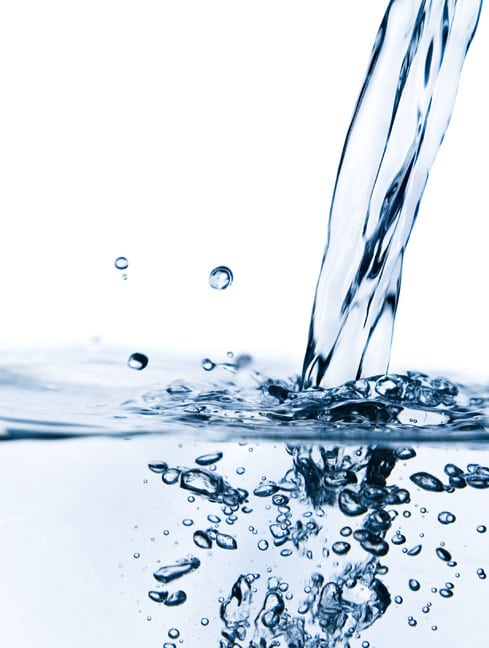There have been many stories in the news recently about certain towns that have inferior water quality. You might not have paid too much attention to the information. After all, the water coming out of your faucet is clear and has no distinct bad taste. But what every homeowner needs to know is that there can be other issues that are less obvious but still present a serious risk to you and your loved one’s health.
Health Concerns Associated With Poor Water Quality
Here in the United States, we rarely even think about the quality of our drinking water. We assume that bad water is only found in other countries that do not have a high level of regulations to protect their citizens. But that is not always the case. Unfortunately, many areas of our country experience issues with the quality of their water supply. Low-quality drinking water can cause many serious health issues. According to the Center for Disease Control, some of the most common problems created by contaminated drinking water include:
- e. coli– a bacterium that releases a potent toxin which causes diarrhea, intestinal cramping and in the most severe cases, life-threatening kidney failure
- Giardiasis- a diarrheal disease caused by microscopic parasites
- Hepatitis A- a severe and contagious liver infection caused by a virus
- Norovirus- a highly contagious virus that causes vomiting and diarrhea
- Shigellosis- one of the most contagious diarrhea-causing bacterial infections
Also, inhaling droplets of contaminated water while bathing can result in Legionnaires’ disease and other acute respiratory issues that can become fatal.
What Is Good Quality Water?
The EPA has strict guidelines for quality water. But each state can and does create its own standards that can vary from those directives of the EPA. In general, the following are the widely accepted characteristics of good water:
- No more than 250 mg/L of chloride
- No more than 1 mg/L of copper
- No more than 0.3 mg/L of iron
- A pH between 6.5 and 8.5
- No more than 250 mg/L of sulfate
- No more than 500 mg/L of total dissolved solids, which includes all organic and inorganic substances
The Common Water Issues That We See Most Often
At Parobek Plumbing & Air Conditioning, we are here to assist you in getting to the root of any water issues that you might be experiencing in your home. Many of our calls related to water quality fall into the following categories:
- HARD WATER – Water that has a high content of dissolved minerals is considered to be hard. And while hard water does not pose a serious health risk to you and your loved ones, it can create some minor issues such as dry skin and hair. But the biggest victims of hard water are your home’s water pipes and fixtures. The chalky white deposits will form on your faucets and inside your pipes. Over time, these minerals will create pressure problems and damage the pipes and fixtures to the point of leaking.
- ACIDIC TASTE – A pH of 7 is neutral and is the reading of pure water. The EPA states that anything between 6.5 and 8.5 should be considered safe to drink. However, if your water is above 7, it can have a bitter taste. An acid neutralizing system can eliminate that taste and return your water closer to a seven reading. Water with a pH of less than seven can taste acidic. But that can be corrected by adding a water softener to your home.
- FOUL TASTING/SMELLING WATER – A bad taste or smell to your water is a sign that there is a contamination of decaying organic material in the water. This problem can be due to contamination from old pipes, a contaminated water heater, or other sources. Depending on the cause and type of contamination, there can be a significant risk of health issues. A call to (512) 910-8123 as soon as you notice the problem is essential. A Parobek Plumbing & Air Conditioning licensed plumber will arrive quickly to sort out the issue with your water.
Never assume that if your water is coming from a city or a municipal source, that it is safe to drink. If you notice any odd taste, appearance or smell, call in the professionals immediately. The solution could be as simple as draining and cleaning your water heater. But you should never take a chance and risk the health of your loved ones. Call (512) 910-8123 for an appointment to determine that your water is safe for you and your family.




